“My dream is for the locals to have breakfast with my bread and butter”: Gareth Ward on the next step for cutting-edge restaurant Ynyshir
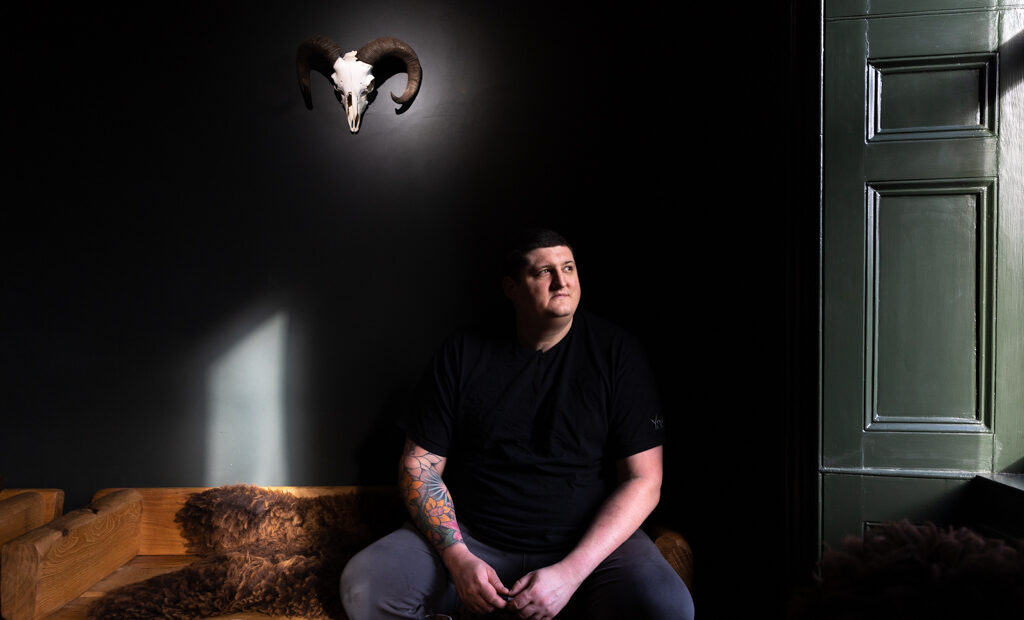
“We don’t do problems here, we do solutions,” I overhear Gareth Ward saying during a staff meeting at Ynyshir.
I sit in the lounge of the Welsh restaurant recently crowned by the Michelin guide with two stars. Everywhere I look, I see undeniable evidence of what I’ve witnessed over the last couple of days: a labour of love. The chef and his wife Amelia Eriksson do this because they are passionate, they believe in their skills and they strive to give something to their guests that can’t be experienced elsewhere in the UK – or, possibly, the world.
There’s a Nordic feel about this room – could it be due to the Danish ancestry of Eriksson? – but when I ask about it, the chef says it was not intentional: “Since the day Amelia and I took over the restaurant, everything has been off-the-cuff. We had two weeks to do the works, this [lounge] was the dining room so we put a hole in the other room, to the kitchen. And we stopped. Then the builders and painters told us ‘you really need to get an idea [of what you want to do] because we’ve only got one week and you have no colour for the walls, no materials for the restaurant’.”
“We just didn’t know how we wanted it to look like, there were no months of planning or thinking on boards. It was very natural, every day I’d say something or see something and we’d be like ‘let’s do this’,” adds Ward.
As I spent some time with the chef over the last three days – doing fun things including forging metal skewers with a local blacksmith and getting covered with bird poo from swarming starlings in Aberystwyth – I wondered, how did a Newcastle lad end up here in North Wales? “It was very accidental. Eight and half years ago I started to search for my own kitchen and this opportunity came up. I drove here and I fell in love with the place. It was completely different, old-fashioned, a château hotel. I told myself: ‘I’ll stay three years, get a star and then see what to do.’ Obviously, it hasn’t ended that way and now I have my kitchen and my building,” he tells me, laughing.
“What I do here would never work in the North East, they are still behind. It’s getting better though, there are some brilliant restaurants over there now, but our place has to be somewhere very secluded. It works here because of all the surroundings. Everything about it is just innocent,” he says, looking out of the window.
The dinner we had yesterday was a journey in itself, and a novel way to present a meal. Once I stepped into the restaurant, at 3pm, two chefs welcomed me from a small counter. Behind them there was the Ynyshir motto – ingredient led, flavour driven, fat fuelled, protein obsessed – in front, a cavity, with some of the most luxurious ingredients inside: caviar, wagyu beef, blue lobster, duck, tuna belly… basically everything you desired, and more.
Then, with the rest of the guests, I received the first dish, the Not French Onion soup, before everyone checked in and briefly retired to their rooms. This is not a hotel but the people who dine here have the opportunity to stay for the night too if they wish. It’s part of the experience.
The actual dinner began two hours later at 5.30pm, and I took that time to drive up the closest hill to watch a Welsh sunset, with sheep et al.
The meal was nothing short of brilliant, with courses ranging from lobster raw tail with nam chim dressing, to scallop with duck liver and scallops dashi, as well as miso-cured black cod and, later, three servings of duck followed by char siu pork, Welsh lamb and a three-part climax of wagyu beef.
There was a DJ mixing records live during the dinner, and with the dessert, a disco ball caught the light as more tribal music temporarily became the main event in a moment of pure elation.
“I’m a firm believer that you should do ‘you’. I don’t want to try to be any different, I’m Gareth Ward and I want this to be the best experience,” says the chef.
“We don’t even have a development kitchen. We talk about development all the time but I don’t do forced things, just like I don’t do forced interior or don’t force dishes. If I have an idea, we’ll do it. I didn’t have tablecloths for my food when I was a kid, so why should we have them in our restaurant?”
Being a produce-led cuisine, I ask Ward if there’s something here in Wales that really appeals to him produce-wise: “Obviously Welsh lamb, it’s the best in the world and I’m an ambassador of it. Now that we have tapped into the fish industry, we also get incredible fish. There are also beautiful farms around here that are doing some incredible things, like soft fruit in the summer.”
Many of the ingredients, however, come from afar and I’m interested to hear the chef’s stance on “farm-to-table” cuisine: “I’m a believer in: only use local if it’s the best. I hate these restaurants where I go and they say everything is local, then you eat it and it’s rubbish. That completely defeats the object, you are trying to be local just for the sake of it. I need to find the best, whether it’s on my doorstep or from another part of the world.”
It’s a bold position now that most restaurateurs push the image of striving to use products from the near surroundings. “We want to find suppliers that are passionate people like us,” says Ward, “who have incredible ingredients, and they aren’t always local. The flip side is that the tables were made by a guy in the village, the cutlery by another guy up the road – pretty much everything you touched in the restaurant last night is made by somebody locally.” He then points to the chairs: “The guy who made those is super passionate about wood, he loves to create new things with it.”
I want to understand better what happens with the ingredients that he so much loves, how he comes up with new ideas. “Sometimes during the service or even at home while I sleep I go like, ‘oh my god, I’ve had an idea, we have to try it’, and if it’s amazing, it goes on the menu. Every dish in that kitchen has come up that way. Look at the menu, it’s produce-led. There are no carrots or potato dishes. It’s all led by protein meat and fish that I love.”
Two days ago, however, while we were having a home meal together, his wife said she’s actually vegetarian and thinks that if Ward opened a vegan restaurant in London, he would nail it. Gareth agreed, but he added, “I’m a carnivore 100 per cent. Even when Amelia cooks a vegetarian dish for me, I just can’t, I have to put some meat on it.”
I ask if one day he’d like to work in the city: “They are all very jealous of what I’ve got here, you know? I don’t want to work in the city, if I go there for 24 hours then I like coming home – just look at this! There’s no pressure here. And I’m so humbled that anybody travelling here to eat has had to take 48 hours of their life to come and see what we are doing, it’s a very special journey – you don’t get that in the city.”
Despite his genuine satisfaction and contentment, the chef’s dreams are far from being realised. “I want to open a pub for the people from here because there’s nowhere to go, and I want to do beautiful home food that tastes amazing. Then I’d love to have a shop and my own bakery because my dream is for the locals to have breakfast with my bread and butter. I’d also love to hit more on the glamping side, so there’s just people everywhere enjoying themselves.”
As he mentions breakfast, I can’t but think about the past two days when we also had a copious amount of delicious food in the morning, and I ask him why he decided to treat the first meal of the day as if it was part of the restaurant’s service. “Our breakfast has to be very special because it’s the last thing you do before leaving, it has to reflect what you had the night before. For instance, our bread grew out of the [dinner] menu, but it took us eight years to develop it, it’s from fermented local grains – from a local mill down the road – so we made it the centrepiece of the breakfast, and we added everything else to it. Like you said, ‘where else do you get foie gras parfait for breakfast?’”
I wonder where he gets the inspiration to use all the world-food elements on the menu, and if their travels are perhaps the reason for this: “My craving is just having the most amazing Chinese or awesome nigiri. That’s what makes me think, and it makes sense to cook it. I’m not trained that way, I cook my interpretation of it. I don’t read loads of Japanese or Korean books, I’m making it up in my way with the right suppliers. I’m just putting my own spin on it. If it’s right or wrong, I don’t know, it’s just my own spin on it. It tastes nice! [laughs].”
“I like classical French food but I don’t want to sit and eat it every day. When Amelia and I get the time to do something, we book a weekend away and all we want to eat is Chinese, Thai, Japanese or Korean,” he adds.
Recently I had a conversation with René Redzepi about the future of fine dining. Considering how techniques and experienced cooks are employed in restaurants of any level, what is nowadays the premium that makes a place “finer” and naturally more expensive? It’s the unique experience, that’s the necessary premium a restaurant needs to offer to belong to the higher league. And Ynyshir definitely ticks that box.
Filippo L’Astorina, the editor
Photos: Filippo L’Astorina
To book a table at Ynyshir Restaurant and Rooms, Eglwysfach Machynlleth SY20 8TA, call 01654 781209 or visit their website here.

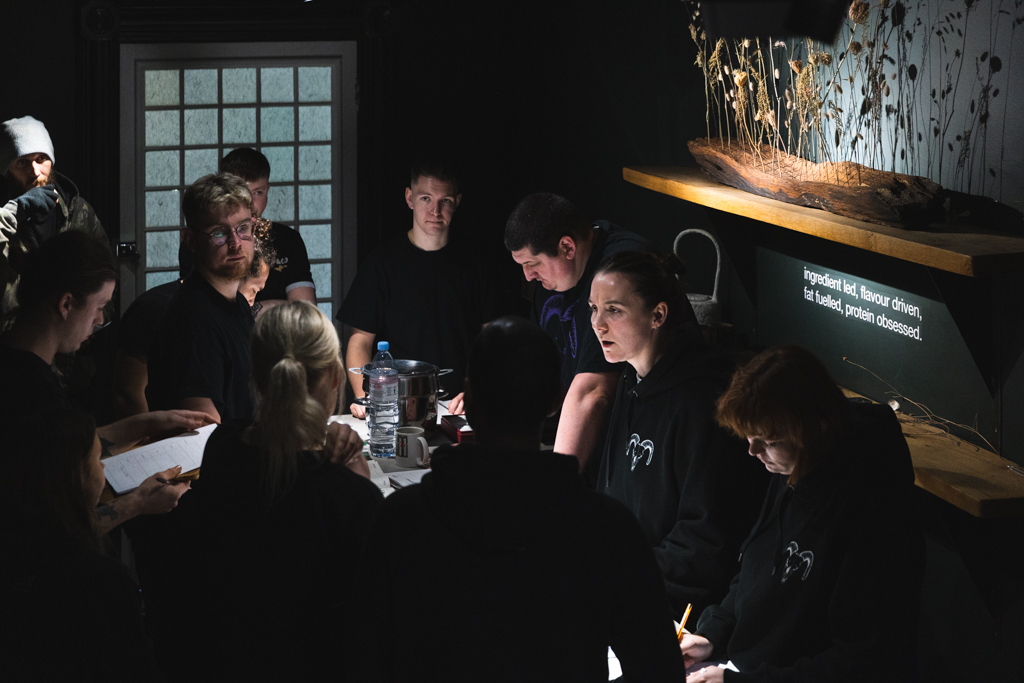
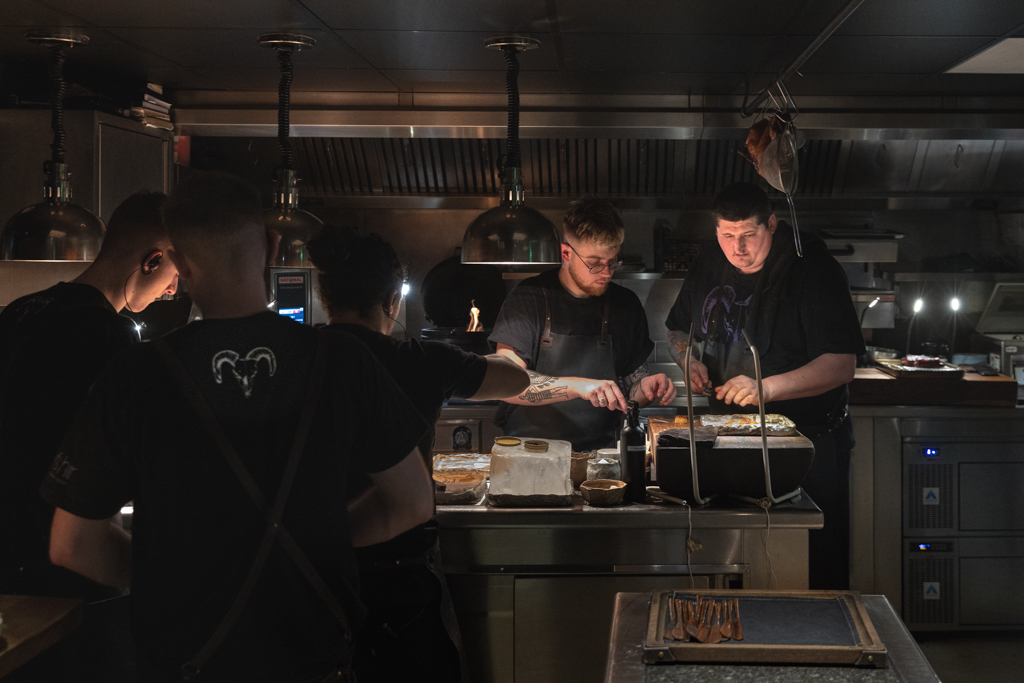
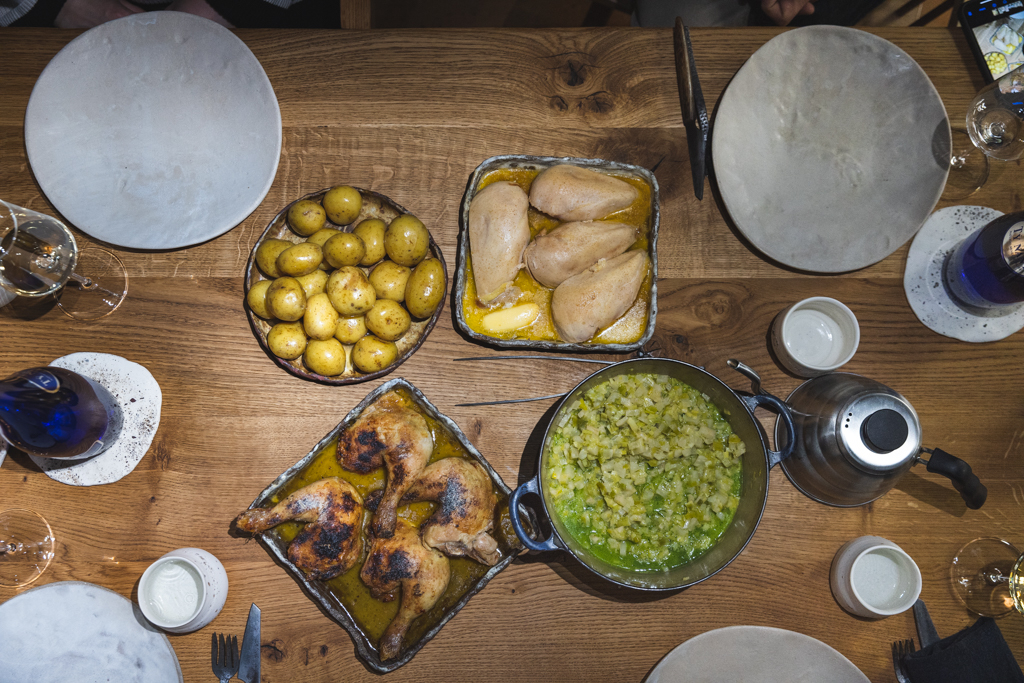
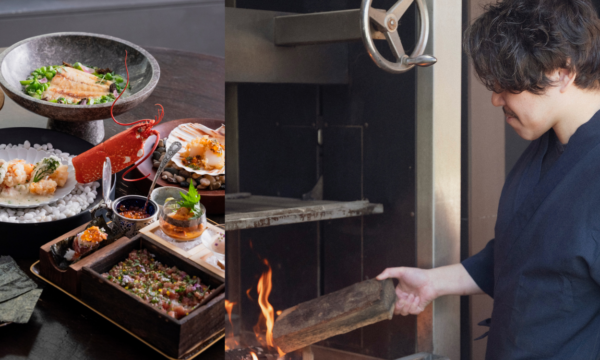
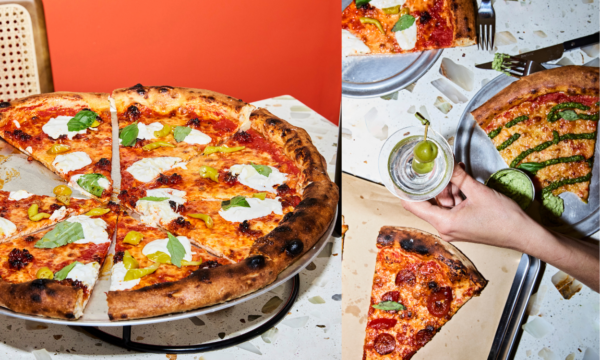
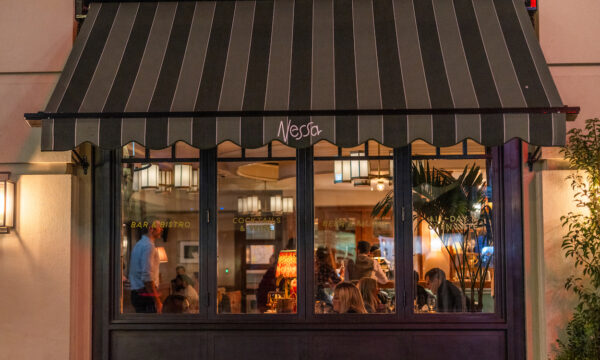
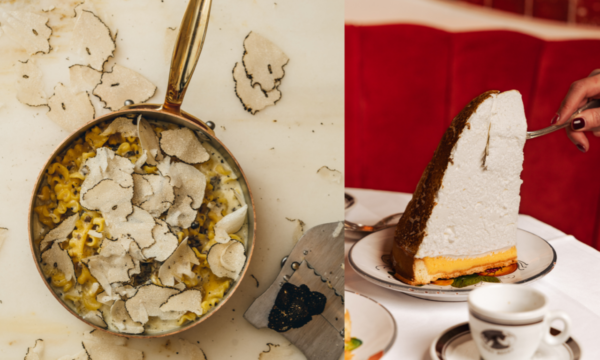
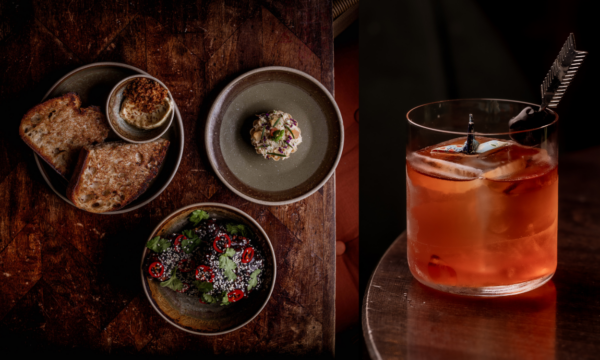
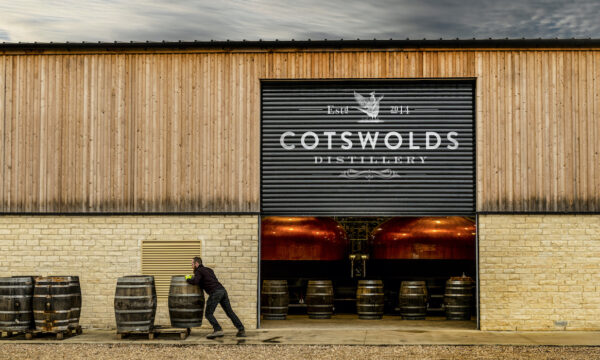
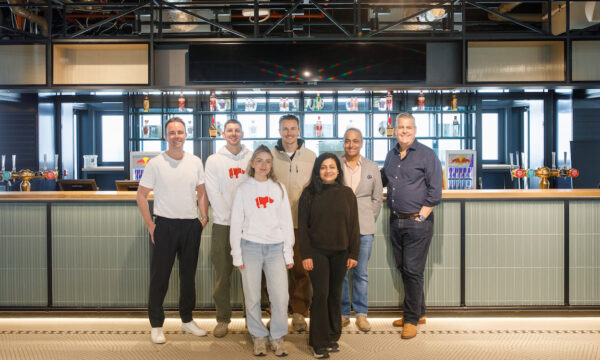
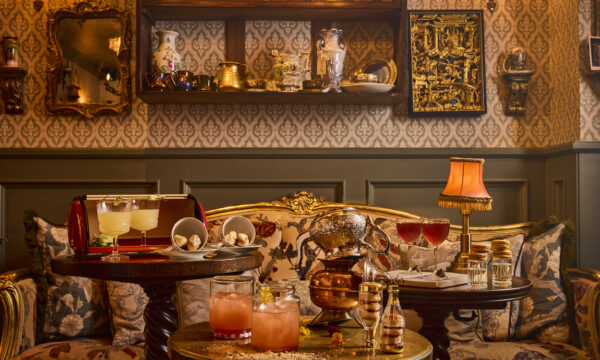
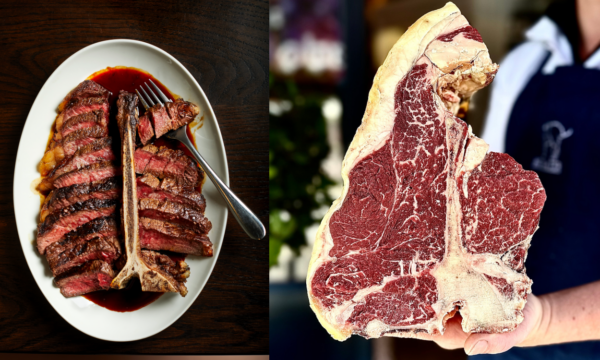















Facebook
Twitter
Instagram
YouTube
RSS